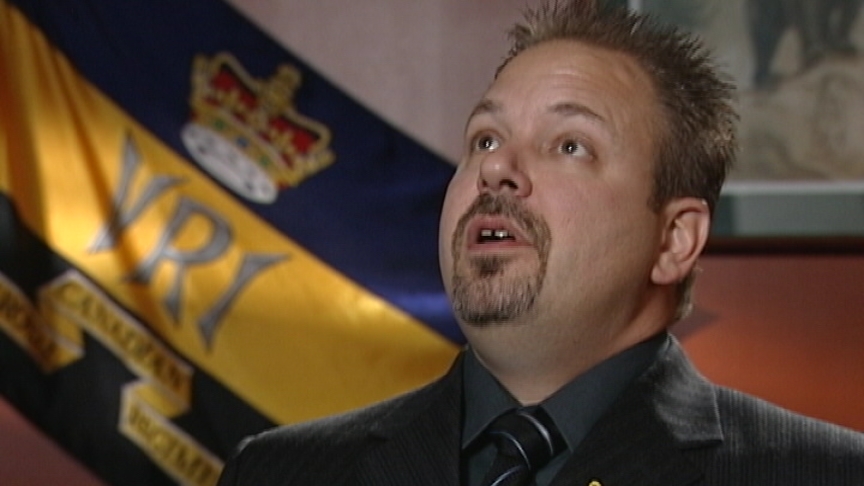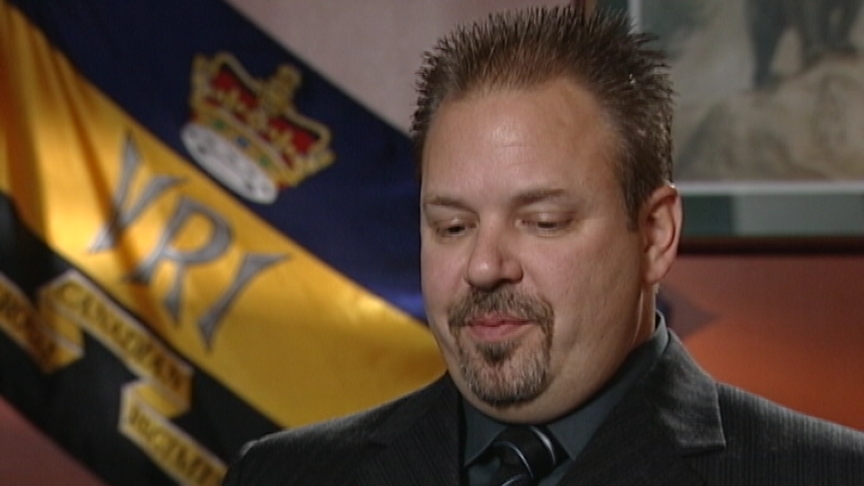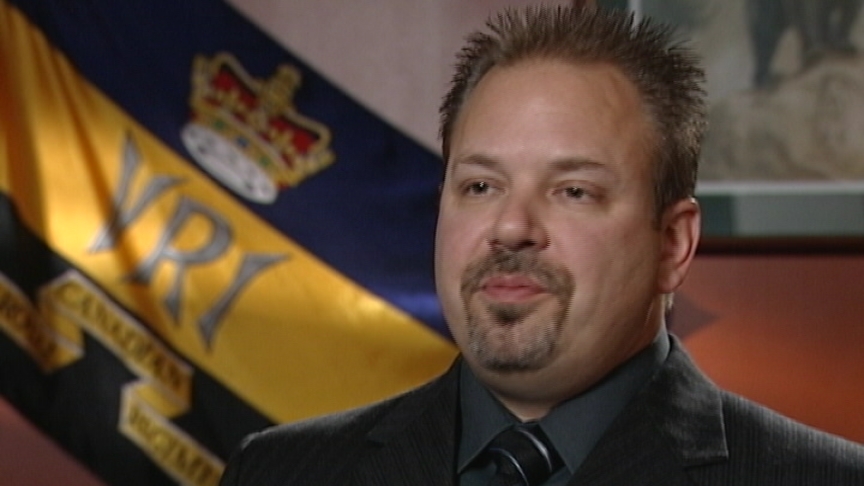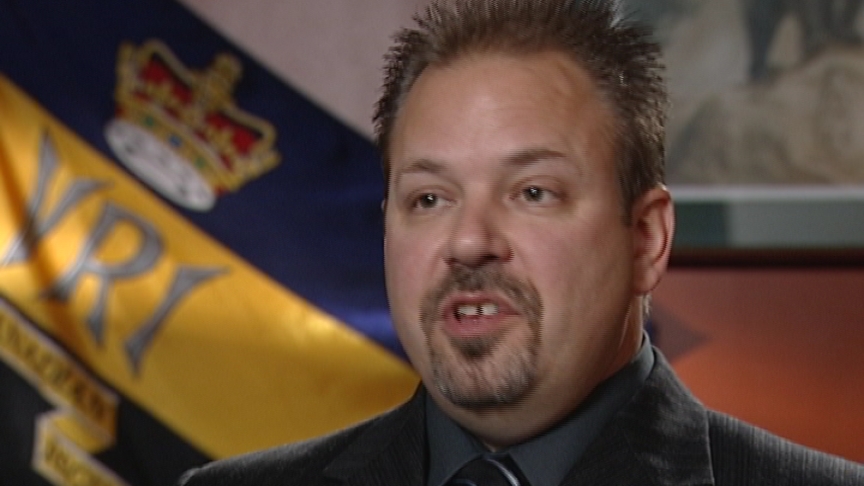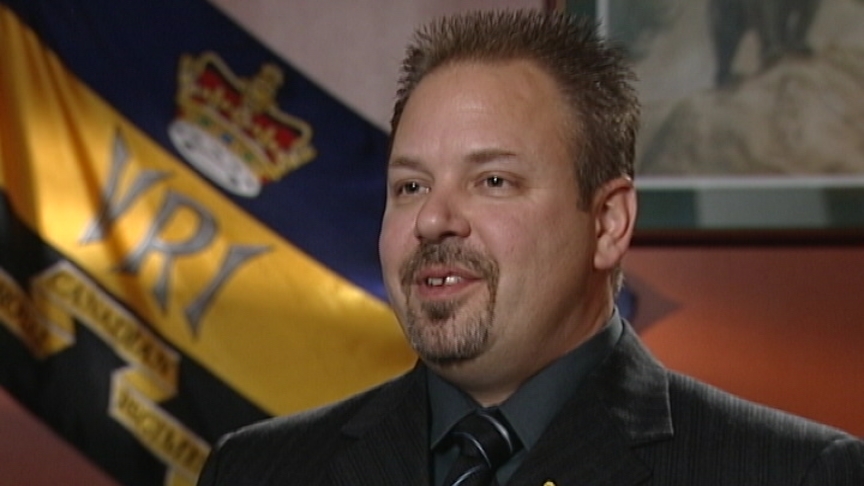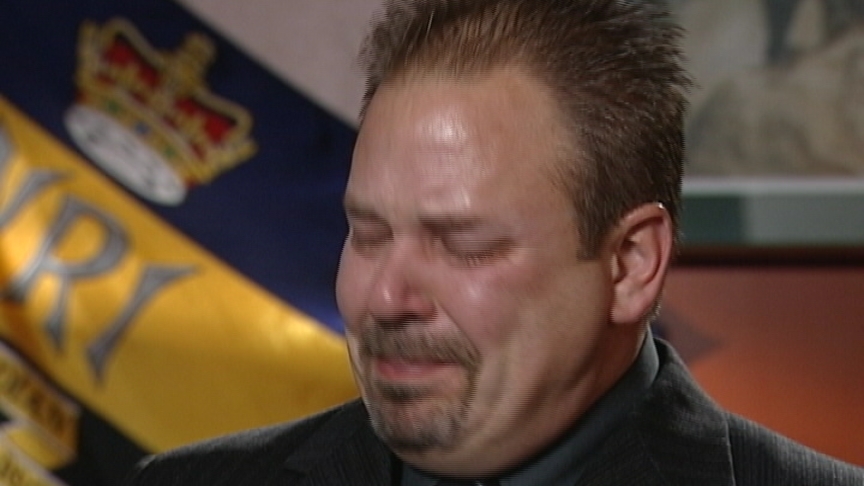No Amount of Training Prepares You
Heroes Remember
No Amount of Training Prepares You
Transcript
Description
Mr. Ott explains the level of training received with RCR, yet realizing that no amount of training can prepare a soldier for arrival in Sarajevo
David Ott
Mr. David Ott was born January 26, 1968 in Amherst, Nova Scotia. Fresh out of high school, Mr. Ott made his decision to join the military and entered battle school. The military way of life held a fascination for him and after being in army cadets for 6-7 years prior, it was an easy decision to choose army as his branch of service for active duty service. He joined The Royal Canadian Regiment and held rank of Corporal. Mr. Ott took his basic training in Petawawa, Ontario and after six months there, travelled to Germany for additional preparation. In 1992, Mr. Ott was part of the contingent of soldiers to arrive in the besieged city of Sarajevo for the purpose providing humanitarian aid and medical supplies, as well as reopening of the airport and for this received an honour, Commander-in-Chief Unit commendation. Mr. Ott made the decision to leave the military shortly after this tour.
Meta Data
- Medium:
- Video
- Owner:
- Veterans Affairs Canada
- Duration:
- 2:10
- Person Interviewed:
- David Ott
- War, Conflict or Mission:
- Canadian Armed Forces
- Location/Theatre:
- Sarajevo
- Branch:
- Army
- Units/Ship:
- Royal Canadian Regiment
- Rank:
- Corporal
- Occupation:
- Rifleman
Related Videos
- Date modified:




